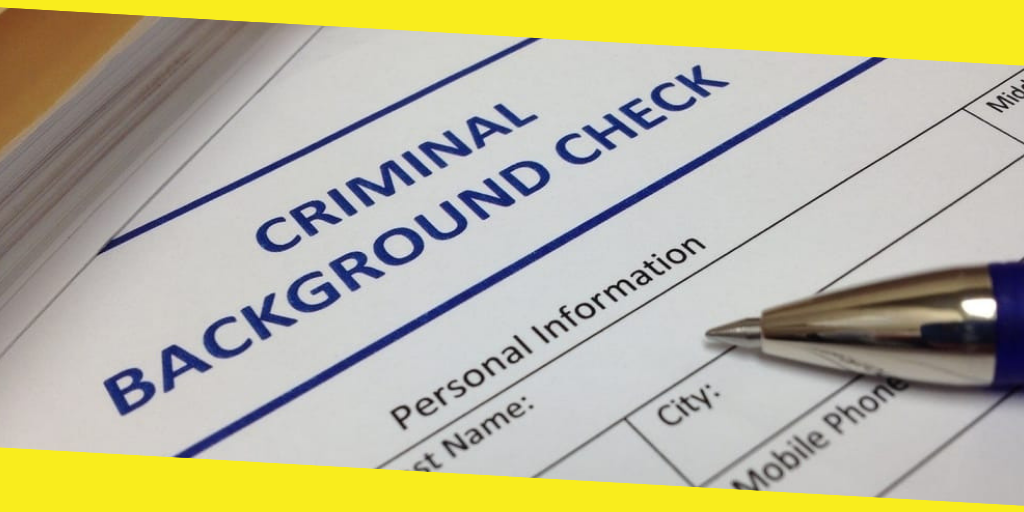
America has a large proportion of people with some sort of criminal record. By one estimate, 30 percent of American adults have a criminal record.
The term “criminal record” can refer to an arrest record, conviction record, or something else. For instance, getting arrested on a felony charge means you have a criminal record in the FBI’s eyes, even if the arrest never leads to a conviction.
Obviously, a felony conviction is much worse than a misdemeanor charge that gets dropped. But even having your name in the system can lead to complications down the road. If you get taken into custody, you need to take it seriously, because having any kind of record can mess up your future.
The power of a single arrest
Let’s say you get pulled over for speeding near Denver. You probably aren’t too concerned at this point, and that’s fine. You don’t have to be anxious, necessarily, but you should be cautious in all your interactions with a police officer.
It’s possible they only want to give you a speeding ticket and let you go on your way. But it’s just as likely that they’re fishing for a reason to search your car and look for something illegal. So now is not the time to mention that you had a drink at a friend’s house earlier in the day.
You should identify yourself when asked, of course. If the officer wants to see your license and registration, hand it over without making a fuss. But you don’t have to answer a ton of questions other than that. Choose your words carefully. If you get arrested, then you may be tempted to keep talking. You may think this is all a misunderstanding that you can clear up with a few more well-chosen words.
Stop thinking that. At this point, you should be contacting Denver criminal defense lawyers rather than trying to clarify any earlier statements you’ve made. True, you’re innocent until proven guilty in a court of law. But what you say now can make it easier for prosecutors to either get a conviction or force you into accepting a plea deal.
Finding jobs and apartments
Again, a plea deal may not sound so bad on the surface. But that depends on the terms of the plea. You and your lawyer should be sure that you can expunge your record later if you want to. Don’t assume anything. People who assume they qualify for an expungement are often wrong. And even if you do qualify, expunging a criminal record can still be complicated and costly.
Think about this from your future employer or landlord’s perspective. You may know that you’re a good person who made a mistake, but the hiring manager or property manager doesn’t know that. They don’t know anything about you except what’s on the application.
It’s hard for them to give leeway to a person they don’t even know when there are plenty of other qualified applicants without any kind of criminal record. If you have to explain your record, then you’re already at a major disadvantage.
If you don’t want to explain, you may be tempted to omit certain information. But if you’re applying for an apartment, you have to fill out the rental application completely and honestly. Remember that the application is a starting point, not an ending point.
The property manager will run a background check, and there’s a good chance your record will be discovered at that point anyway. If it seems like you don’t have any good options, it’s because a lot of times, people with criminal records get stuck between the proverbial rock and a hard place.